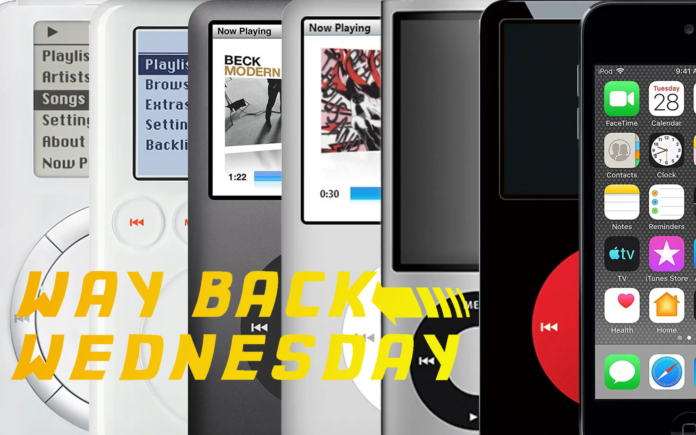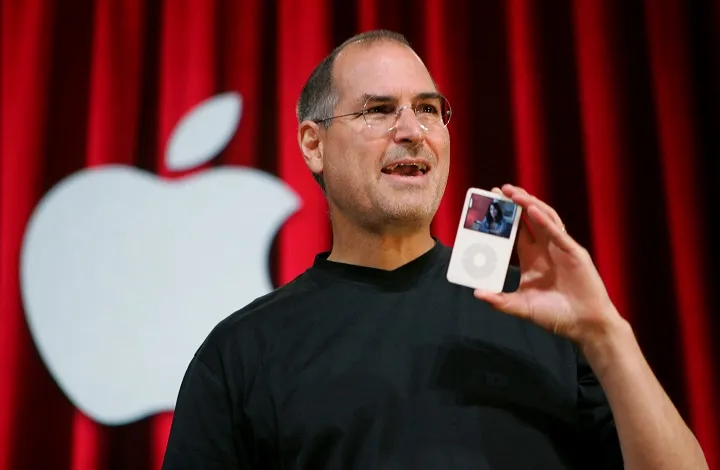
The iPod, a groundbreaking device in the realm of portable music players, has a rich history that traces its roots back to the turn of the 21st century. Launched by Apple Inc. on October 23, 2001, the iPod revolutionized the way people listened to music and set the stage for a digital music revolution. The idea of the iPod can be attributed to Apple’s visionary co-founder, Steve Jobs, who aimed to create a device that seamlessly combined design, functionality, and a user-friendly interface.
The first-generation iPod, featuring a 5GB hard drive, a monochrome screen, and a mechanical scroll wheel, marked the beginning of Apple’s foray into the portable music player market. Despite its hefty price tag, the iPod gained popularity rapidly, thanks to its sleek design and the introduction of the iTunes software, which simplified the process of purchasing, organizing, and syncing music. Later iterations of the iPod saw advancements in storage capacity, improved battery life, and enhanced features such as the introduction of the iconic click wheel.

In 2005, Apple introduced the iPod nano, a smaller and more compact version of the original iPod, with a color screen and flash storage. The iPod shuffle, another addition to the iPod family, was also launched, offering a more affordable and compact option for music enthusiasts. The iPod touch, unveiled in 2007, took inspiration from the iPhone, incorporating a touchscreen interface and internet connectivity, transforming the device into a multi-functional entertainment device.
While the iPod experienced unrivaled success for many years, the rise of smartphones with built-in music players posed a significant threat to its dominance. As consumers began using their phones for playing music, the MP3 player market declined. Apple officially discontinued the iPod Classic in 2014, marking the end of an era for the original iPod design. However, the iPod touch endured until May 10, 2022.

The iPod’s impact on the music industry and consumer behavior cannot be overstated. It not only changed how people consumed music but also paved the way for the rise of digital downloads and streaming services like Apple music and Spotify. The legacy of the iPod lives on in the design principles, user interface, and ecosystem that have become hallmarks of Apple products. Despite the changing landscape of portable music players, the iPod remains a symbol of innovation and a pivotal chapter in the history of technology and entertainment.






